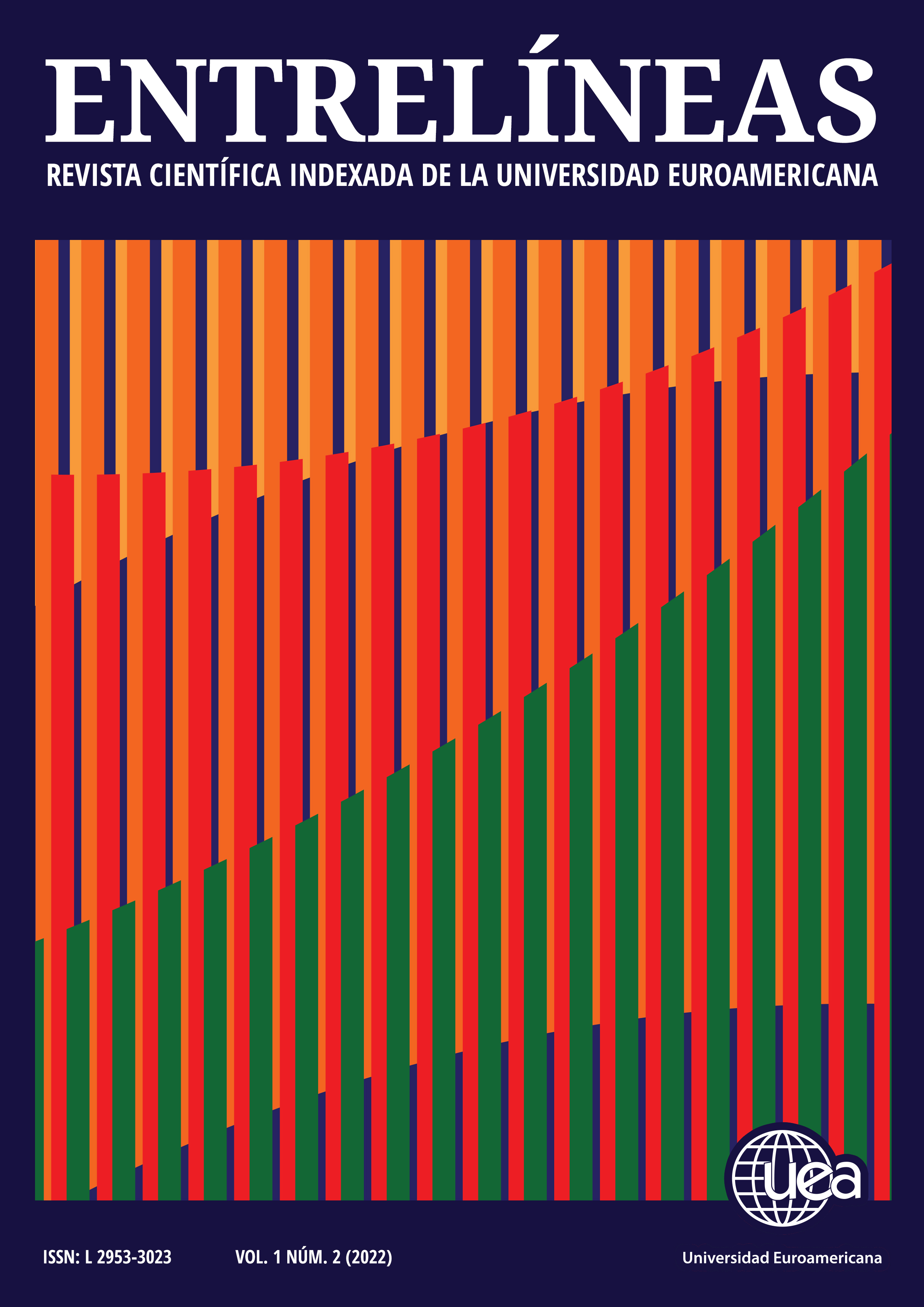Philosophical framework of university management: a look from the fundamentals of management strategy
DOI:
https://doi.org/10.56368/Entrelineas129Keywords:
philosophy, university management, vision, mission and objectivesAbstract
From the perspective of Serna's approaches (2014), “if it is not clear where we are going, we will end up reaching where we do not want to go”, and that in essence constitutes the foundation of the recognition of the philosophical framework of managerial strategy, consisting of the vision, mission and objectives. Hence the importance of presenting this reflection, in which a deeper look at the management process within university institutions is made, from the perspective of the philosophical framework that sustains this important process. In this documentary work, based on the review of research content and specialized bibliography, it allows to visualize the theoretical, theoretical and conceptual aspects to be considered in order to understand the philosophical framework of university management.
Downloads
References
Africano, E (2016). El Desarrollo de Competencias Gerenciales en la Formación Profesional de estudiantes de Administración. [Tesis de Grado Doctoral] en Ciencias Gerenciales.
Blanchard (2013). Liderazgo al más alto nivel. Cómo crear y dirigir organizaciones de alto desempeño. Grupo Editorial Norma.
Bueno, E y Colaboradores (2003) Gestión del Conocimiento en universidades y en organismos públicos de investigación. Universidad Autónoma de Madrid. Dirección General de Investigación, Consejería de Educación Comunidad de Madrid.
Canals, A. (2003) Gestión del Conocimiento. Ediciones Gestión 2000 S.A.
Corredor, L. (2011). Conocimiento en acción. Cómo las organizaciones manejan lo que saben. Editorial Prentice Hall.
Daft, R. (2017). Teoría y diseño organizacional. Cengage Learning Editores.
David, F. (2007). Conceptos de Administración estratégica. Pearson Educación.
Delgado, M. y Castro, E. (2008) La Pertinencia Social en el sistema de Gestión en el Proceso Creador de Conocimiento Científico en las Organizaciones Universitarias. Telos. Revista de Estudios Interdisciplinarios en Ciencias Sociales.Vol.10 (1) pp. 48-64.
Dess, G. y Lumpkin, G (2013). Dirección Estratégica. Creando ventajas competitivas. Editorial Mc.Graw Hill.
Etkin (2007). Capítulo 1. Filosofía de gestión. En: capital social y valores en la organización sustentable.
Mendoza y Padilla (2014). Gestión del talento humano. Editorial Mc Graw Hill Interamericana.
Riesco M. (2006). El Negocio Es El Conocimiento. Editorial: Díaz de Santos. S.A.
Sarella, J. (2012). Administración estratégica. RIL Editores.
Serna (2014). Gerencia Estratégica. Teoría – Metodología – Alineamiento, implementación y mapas estratégicos. 3R Editores.
Siliceo, A., Casares, D. y González, J. (1999). Liderazgo, valores y cultura organizacional. Hacia una organización competitiva. McGraw-Hill Interamericana Editores. Serie de Alta Dirección.
Valdez, J (2012) No Olviden la Universidad. Presidente de la CRUE y Rector de la universidad de Oviedo. http://www.uned.es/coie/articulos/articulo31.htm
Vísquez, J. (2007). Ideas sobre gestión, liderazgo y calidad de la educación. Htt://www.colypro.com/desarrollo_educativo/ideasgestion.pdf
Yarce, J. (2016). El poder de los valores en las organizaciones. Ediciones RUZ.
Downloads
Published
Issue
Section
License

This work is licensed under a Creative Commons Attribution-NonCommercial 4.0 International License.
You are free to:
- Share — copy and redistribute the material in any medium or format
- Adapt — remix, transform, and build upon the material
- The licensor cannot revoke these freedoms as long as you follow the license terms.
Under the following terms:
- Attribution — You must give appropriate credit , provide a link to the license, and indicate if changes were made . You may do so in any reasonable manner, but not in any way that suggests the licensor endorses you or your use.
- NonCommercial — You may not use the material for commercial purposes .
- No additional restrictions — You may not apply legal terms or technological measures that legally restrict others from doing anything the license permits.










